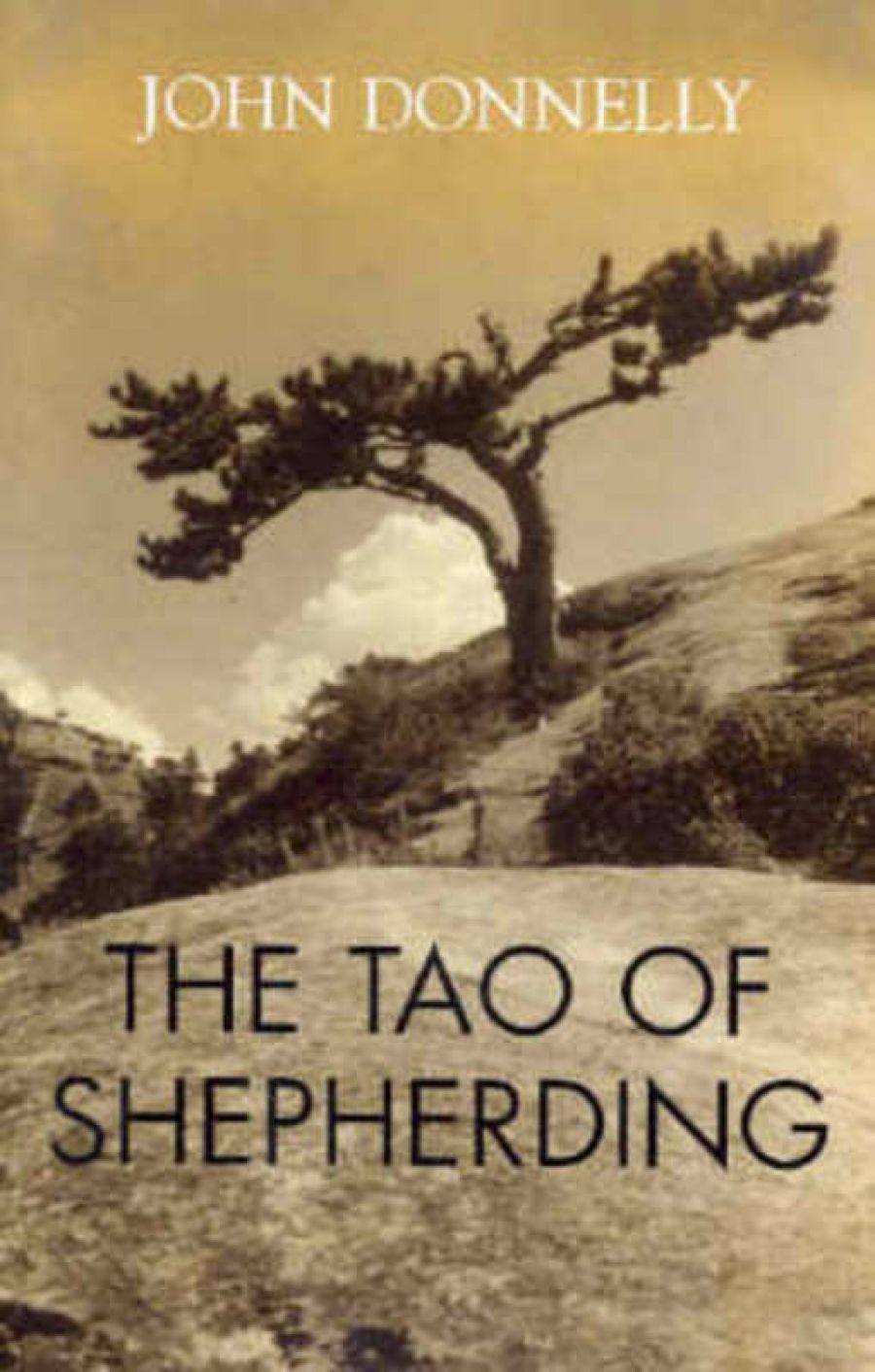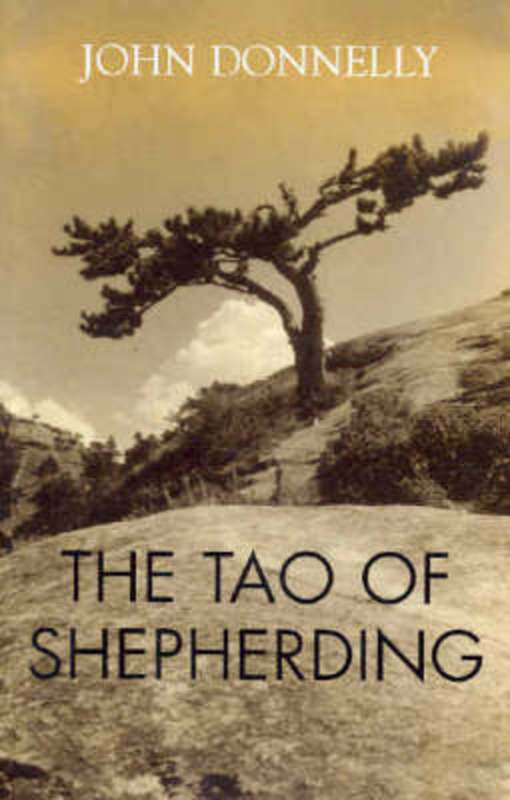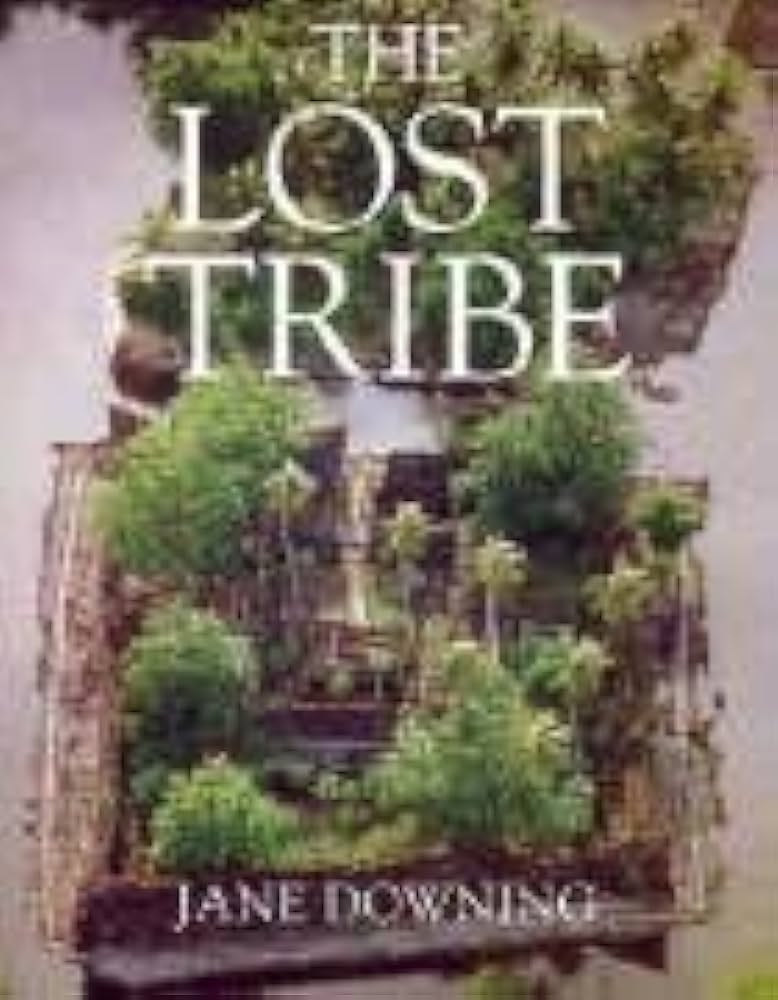
- Free Article: No
- Contents Category: Fiction
- Review Article: Yes
- Article Title: Offshore vistas
- Online Only: No
- Custom Highlight Text:
These novels fulfil the brief of ANU’s Research School of Pacific and Asian Studies, where Pandanus Press was founded in 2001, by viewing Australia and Australians from the perspectives of China and a distant island. In The Tao of Shepherding, set in the 1850s, two young Chinese men are kidnapped and sold as labourers to a Riverina sheep property, where they lose all hope of returning to civilisation. The Lost Tribe is mellower, in that the Pacific is crossed in both directions in its counter-pointed narratives, one set in the present and the other in the 1860s. These second novels, by promising Australian authors with direct knowledge of the countries depicted in them, offer insights into cross-cultural interactions, myths and religion.
- Book 1 Title: The Tao of Shepherding
- Book 1 Biblio: Pandanus, $22.95 pb, 410 pp
- Book 1 Cover Small (400 x 600):

- Book 1 Cover (800 x 1200):

- Book 2 Title: The Lost Tribe
- Book 2 Biblio: Pandanus, $29.95 pb, 269 pp
- Book 2 Cover Small (400 x 600):

- Book 2 Cover (800 x 1200):

The adventures of the Chinese, who are convinced that their journey to Borambola station is a descent into hell, make for hypnotic reading. Shiu Pi, the first-person speaker, passes a sheltered scholarly existence in Fukien province at the Villa of Tranquillity, where status depends on the degree of relationship with his father, a private secretary to a county magistrate. Shiu Pi’s self-dramatisation as the bereaved son of a recently dead mother and his occasionally brutal enforcement of his privileges as First Son ironise his daily worship at the shrine of the Celestial Trinity of Taoism, Buddhism and Confucianism. An unconsummated passion for his father’s Second Wife nevertheless begins to humanise him, and his suffering in the course of the novel deepens his self-knowledge. By contrast, Angee, an illiterate worker given to gambling, is already fully human when he is abducted as a debt slave from a Xiamen fan-tan table. Both characters invite sympathy as victims of collusion between a venal Chinese mandarinate and British commercial and imperial interests.
The blindness of the powerful, whether Oriental or Occidental, to abuses of power is a recurrent theme. Shiu Pi judges his father’s reduction of Second Wife’s cousin to unpaid servant status as security for his family’s debts as ‘magnanimous’, an irony that is reversed when the same cousin engineers his captivity. ‘Red Devil’, William O’Neill, the owner of Borambola, houses his pair of ‘Celestials’ in the stables while he luxuriates inside. Flight or resistance inflames his casual daily violence. The educated Shiu Pi’s disgust at colonial mores is a major irony and a corrective to the self-adulatory representations of station owners in Australian writings of the period, later to be prized as a cornerstone of the national identity. Chinese men in such writings are usually stereotyped as comical cooks and gardeners speaking barbarous English.
The theme of freedom is as pervasive in The Tao of Shepherding as the theme of power. It is introduced by Second Wife, whose ‘golden lilies’ (feet crippled by binding) thwart her yearning to venture beyond the compound walls. While Shiu Pi and Angee are inducted into Borambola’s sub-group of oppressed people, free cultural exchanges proceed just beyond O’Neill’s knowledge. The Aborigines have been tragically deprived of adult men, but Shiu Pi realises that their language and closeness to the land are inviolate. While passing long days in this same land without barriers, with only his flock and not books for company, he undergoes a series of cultural adjustments that bring him close to the goals of the Chinese wisdom studied before. Shiu Pi’s spiritual (yin) understanding of freedom as radical acceptance proves to be a golden bridge out of the pastoral hell. Angee’s contrasting (yang) courage in resisting colonial power is also legitimated as a silver bridge to heaven. The two men define freedom differently, but do at least both regard it as an absolute. Their shared belief transcends differences and unites them in a friendship that is this novel’s final affirmation.
Jane Downing’s The Lost Tribe is complementary in dealing with two women who, like the Chinese men, turn out to have much in common. A solitary child fond of reading, Marianne Ladd is preferred by her Grandmother Celeste and Great Aunt Aurora over extroverted siblings and cousins as inheritor of the crumbling homestead of ‘Abbeyleigh’, built by her great-great-grandmother Mary Ann Clarissa Purcell. In a decision that amounts to an opening up to life, Marianne uses her new wealth to delve into the mystery of her ancestor’s adventures on the (fictional) Pacific Island of Medolan. Here, she finds freedom in scuba diving, friendship with a motley assemblage of islanders, and love with the golden-haired Dr Ewan Mitchell, an ecologist and expert on sperm whales: ‘Something perfect had miraculously materialised in the centre of her life … Love: a word that did not itself need to float in the air currents.’
Things may not, however, be as perfect as they seem in this sensitively written novel that varies the age-old theme of a woman’s yearning for fulfilment through love and children. A man of conscience, Captain Purcell of the trading ship Westminster, leaves his wife ‘coralled’ in the care of missionaries on Medolan after his fears for her lead him to fire on the islanders of Ulanang, his former friends. Mary Ann’s diary records interactions among missionaries, traders and indigenous Medolanese in which good and evil flourish on both sides, so that something of the actual historical complexity emerges.
Despite the richness of Medolanese myths – ‘God split into a myriad of gods and ancestors’ – the people succumb to Christianity out of admiration for white men’s things. They believe that harmonicas, gramophones, printing presses and tea must have come from a powerful god. A fantasy history created by Mary Ann, which redefines the missionaries’ achievement as a returning to god of a people already his children, is nevertheless central to the novel. This explains the island’s ancient stone city of Kiti Medolan as the work of a lost tribe of Israel led by the elided Old Testament matriarch Dinah. The tale is a matrilineal reshaping of the legend of Israel’s ten tribes scattered by Assyrian conquest in 722 BC, whose fate has been a rich ground of speculation for centuries. Mary Ann’s revision epitomises other important themes: women’s lives passed in fulfilment although in men’s shadow; women’s joy at the secret conception of longed-for children; the varied forms of biological and adoptive motherhood; and the maternal element in women’s love for younger men. All these are presented as transcending cultural difference.
The Tao of Shepherding and The Lost Tribe are therefore books of diverse appeal that testify to a willingness in current fiction to view Australia’s past and present through offshore lenses – surely a promising sign of cultural maturity. Despite their investigation of injustices and disasters, the two books are alike in upholding a fundamentally optimistic view of the world.


Comments powered by CComment